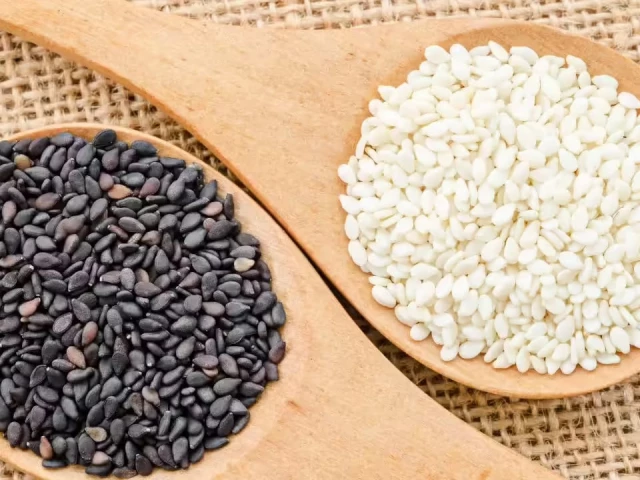Boosting Pakistan’s Agricultural Exports: Sesame Seeds to China
Pakistan is on an exciting journey to boost its agricultural exports, particularly focusing on sesame seeds destined for China. By 2025, the goal is to export an impressive 10,000 metric tonnes of these seeds. This initiative is part of a broader agricultural cooperation effort linked to the China-Pakistan Economic Corridor (CPEC), and it’s gaining traction thanks to several supportive measures.
One of the biggest players in this transformation is the China Machinery Engineering Corporation, which has helped expand sesame farming across roughly 5,000 acres in Pakistan. They aren’t just introducing new farming techniques; they’re also training local farmers and ensuring that high-quality standards are met. This collaboration aims to enhance the sesame supply chain and prepare farmers for the increasing demand from China, where the interest in healthy foods and cooking oils is skyrocketing.
The growth in Pakistan’s sesame exports to China has been remarkable. In 2024, these exports were valued at around $226 million, and experts predict that this figure could continue to soar as Chinese demand remains robust. Some forecasts even suggest that Pakistan’s agricultural exports to China could eventually surpass $20 billion as cooperation under the Belt and Road Initiative flourishes.
What Does Contract Farming Bring?
The introduction of contract farming is game-changing for local farmers. This approach provides them with greater stability by connecting them to buyers and offering guidance on best practices. Through partnerships, research institutions in both countries have been testing sesame varieties tailored to local soils and climates. Innovations such as improved seeds, better fertilizers, and effective pest management are all key to elevating yield and maintaining export quality.
However, challenges persist. Extreme weather conditions, such as floods, can disrupt planting and diminish yields. Plus, there’s the pressing concern of ensuring that all farmers are able to quickly adapt to modern farming techniques. Meeting strict quality and phytosanitary standards for the Chinese market is essential for sustaining this trade relationship.
China’s demand for sesame seeds is huge, with imports exceeding one million metric tonnes each year. Given Pakistan’s geographical advantages and growing production capabilities, the country is positioning itself as a reliable supplier. Achieving that 2025 target of 10,000 metric tonnes would not only strengthen bilateral trade ties but also significantly enhance the incomes of local farmers.
A Broader Opportunity
Pakistan’s agricultural exports to China are gaining momentum across multiple fronts. For example, rice exports to China surged nearly 70% in just the first eight months of 2025. This booming market is an indication of Pakistan’s competitiveness in quality and pricing, aided by the China-Pakistan Free Trade Agreement.
While the outlook is bright, it’s essential to remain cautious. Recent floods have negatively impacted agriculture, which could endanger export volumes in the upcoming months. The key takeaway? Continued collaboration, technological support, and farmer readiness will be critical in navigating these challenges.
As we look to the future, it’s clear that initiatives like these have the potential to transform Pakistan’s economy. If you want to stay updated on these developments, consider following organizations that are dedicated to enhancing agricultural cooperation, like Pro21st. Together, we can help foster meaningful connections within the agricultural sector!
At Pro21st, we believe in sharing updates that matter.
Stay connected for more real conversations, fresh insights, and 21st-century perspectives.





